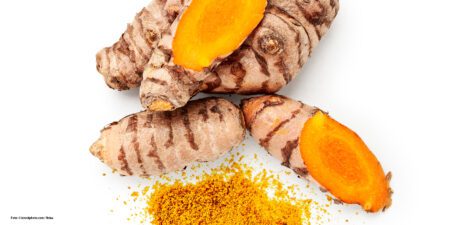Proper nutrition is not only nutrition. What influence do body composition and individual nutrition management have on the performance of the individual players. Ádám Szilas, teamdoctor of Hungarian national football team, explains how important the correct nutritional concept is for success in professional football.
How important is proper nutrition in professional football?
Proper nutrition is essential in today’s professional football. It is important to emphasize that elite athletes’ diet is totally different from what we consider a „healthy” diet for normal people. The reason for this is that nutrition is an integral part of the performance enhancement of the players and therefore they have totally different needs than normal people.
What role does nutrition play in the everyday life of the players?
Most of the players are very conscious about their nutrition and have an individual nutrition plan controlled by a nutritionist, therefore it has to be an integral part of their daily life. It is crucial to take the individual needs into account when planning the diet, as every player is different. Genetics, injury status, physical targets (e.g. increasing muscle mass or loosing body fat), different parts of the season can all have an effect on the diet. In addition, the weekly training and game periodization also influence the diet. Carbohydrate loading is crucial leading into the match, as this is the primary energy source during the game. After matches, carbohydrate reload and muscle recovery are the key targets. Therefore the diet must be day-specific (e.g. different for a training and match) and even depends on the number of training sessions per day or the game start time (4 pm vs 8,45 pm).
How important are individual preferences/problems such as taste or even intolerance?
Both intolerances and taste are key to a successful nutritional plan. E.g. lactose intolerance require a special attention from the player to avoid discomfort and gut problems which can influence his performance on the pitch. On the other hand the player’s taste needs to be taken into account as well. The nutritionist can prepare the best nutritional plan in the world, but if the player does not eat 90 % of the prescribed food on the list as they do not match his/her taste, then the plan is useless. Therefore a good compromise is needed both from the player and the nutritionist.
Do you use specific methods to determine current nutritional status?
Most of the national team players have their individual nutritional plan or have extensive experience in terms of what they need to eat to perform at the best possible way. Therefore our aim in the training camps is to provide a wide selection of food to fulfill all the individual needs. We use BIA measurements in each training camp to get objective information about their body composition and how it has changed since last time. Hydration is also part of the nutrition and can have a very negative effect on the performance if the player is not well hydrated. Therefore we occasionally check the urine specific gravity of the players to determine their hydration level and help them to plan their individual hydration plan for the training and match days.
Katharina Schott, sportärztezeitung
Autoren
is working as the team doctor of the Hungarian National Football Team and is the head of the Medical and Sports Scientific Depart in Hungarian Football Federation.




